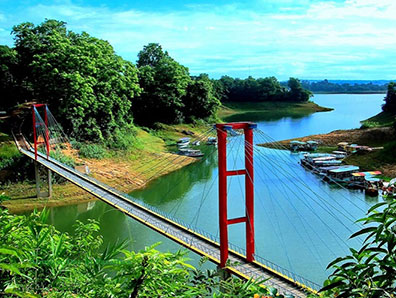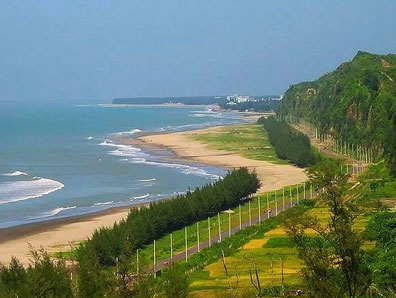El Salvador is the smallest and the most densely populated country in Central America. It gained independence from Spain in 1821 and from Mexico in 1823. The country has a diverse culture that has been influenced by indigenous, European, and African heritage. The official language is Spanish, and the currency is the US dollar. The population is approximately 6.4 million people. The economy of El Salvador is primarily based on agriculture, manufacturing, and services. Agriculture is one of the most important sectors of the economy, and the main crops are coffee, sugar, and other tropical fruits. El Salvador has a history of political violence and civil war, which ended in 1992 with the signing of a peace agreement. The country has faced significant economic challenges, including high levels of poverty and unemployment. Despite these challenges, El Salvador has made progress in areas such as education and healthcare in recent years.
El Salvador has a developing economy that is primarily based on agriculture, manufacturing, and services. However, the country has faced significant economic challenges, including high levels of poverty and unemployment. According to the World Bank, in 2020, nearly 30% of the population lived below the poverty line, and the unemployment rate was around 6%.
The agriculture sector is one of the most important sectors of the economy, and the main crops are coffee, sugar, and other tropical fruits. However, the sector has been facing challenges due to climate change, low productivity and lack of investment.
The manufacturing sector has been growing in recent years, particularly in the areas of textiles, chemicals, and food processing. However, the sector is facing challenges due to the lack of skilled labor and high energy costs.
The services sector, including tourism, finance, and telecommunications, has also been growing in recent years. However, the sector is facing challenges due to the lack of infrastructure and high crime rates.
Remittances from Salvadorans living abroad also play a significant role in the economy, accounting for nearly 20% of the country's GDP.
El Salvador has also been working to improve its business environment and attract foreign investment, through initiatives such as the "El Salvador Pro-Business" program, which aims to reduce bureaucracy and improve the ease of doing business. Despite these efforts, the country still faces challenges in terms of economic growth and reducing poverty and unemployment.


